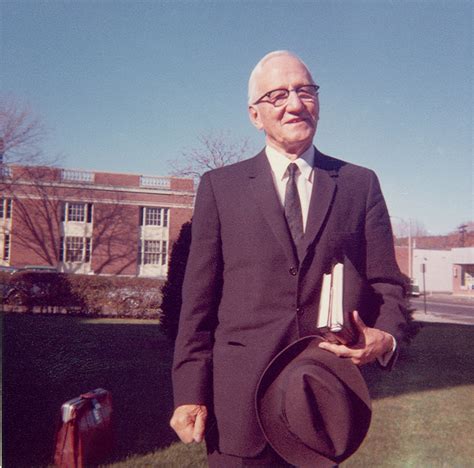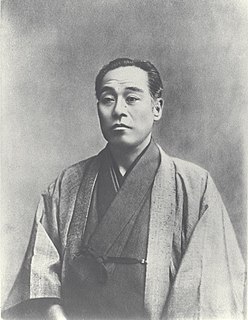A Quote by E. Stanley Jones
When we think of the ideal, we do not add virtue to virtue, but think of Jesus Christ, so that the standard of human life is no longer a code, but a character.
Related Quotes
And what does reward virtue? You think the communist commissar rewards virtue? You think a Hitler rewards virtue? You think, excuse me, if you'll pardon me, American presidents reward virtue? Do they choose their appointees on the basis of the virtue of the people appointed or on the basis of their political clout?
The Bible places supreme value in the thought life. "As a man thinketh in his heart, so is he," Solomon wrote. Jesus asserted that sin's gravity lay in the idea itself, not just the act.
"Paul admonished the church at Philippi to have the mind of Christ, and to the same people he wrote, "Whatever is true ... pure ... if there be any virtue ... think on these things." Thus, the
follower of Christ must demonstrate to the world what it is not just to think, but to think justly.
Spirituality is not a question of morality, it is a question of vision. Spirituality is not the practising of virtues - because if you practise a virtue it is no longer a virtue. A practised virtue is a dead thing, a dead weight. Virtue is virtue only when it is spontaneous; virtue is virtue only when it is natural, unpractised - when it comes out of your vision, out of your awareness, out of your understanding.
As early as 1776, [John Adams] expressed his doubts about America's capacity for virtue. "I have seen all along my Life, Such Selfishness, and Littleness even in New England, that I sometimes tremble to think that, altho We are engaged in the best Cause that ever employed the Human Heart, yet the Prospect of success is doubtfull not for Want of Power or of Wisdom, but of Virtue."
If what was said in the Ethics is true, that the happy life is the life according to virtue lived without impediment, and that virtue is a mean, then the life which is in a mean, and in a mean attainable by every one, must be the best. And the same principles of virtue and vice are characteristic of cities and of constitutions; for the constitution is in a figure the life of the city.
In its broad sense, civilization means not only comfort in daily necessities but also the refining of knowledge and the cultivation of virtue so as to elevate human life to a higher plane... It refers to the attainment of both material well-being and the elevation of the human spirit, [but] since what produces man's well-being and refinement is knowledge and virtue, civilization ultimately means the progress of man's knowledge and virtue.
the leading error of the human mind, - the bane of human happiness - the perverter of human virtue ... is Religion - that dark coinage of trembling ignorance! It is Religion - that poisoner of human felicity! It is Religion - that blind guide of human reason! It is Religion - that dethroner of human virtue! which lies at the root of all the evil and all the misery that pervade the world!
Clark, what in your honest opinion is the right standard for determining conduct? Is the only right standard for everyone, the probable action of Jesus Christ? Would you say that the highest, best law for a man to live by was contained in asking the question 'What would Jesus do?' And then doing it regardless of results? In other words, do you think men everywhere ought to follow Jesus' example as closely as they can in their daily lives?
Souls that have lived in virtue are in general happy, and when separated from the irrational part of their nature, and made clean from all matter, have communion with the gods and join them in the governing of the whole world. Yet even if none of this happiness fell to their lot, virtue itself, and the joy and glory of virtue, and the life that is subject to no grief and no master are enough to make happy those who have set themselves to live according to virtue and have achieved it.





































